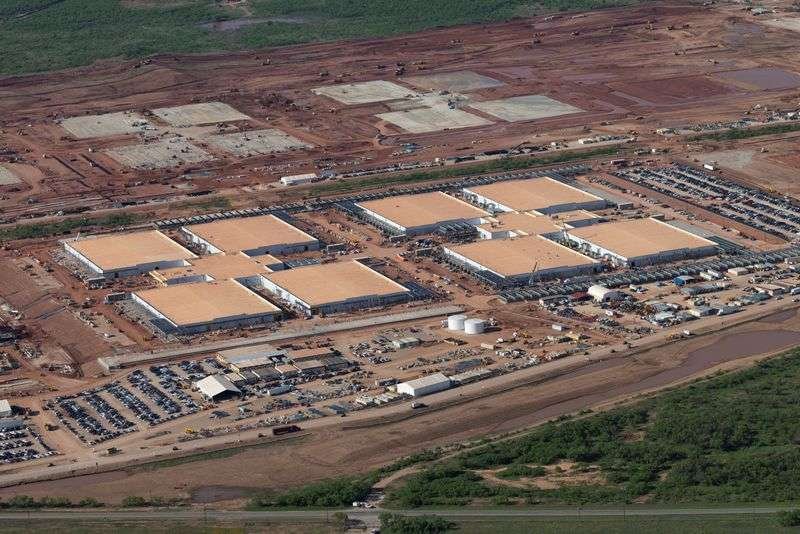Taiwan has announced a bold initiative to supercharge its economy by investing heavily in artificial intelligence (AI), aiming to generate NT$16.5 trillion (approx. USD $510 billion) in economic value over the next decade. This strategic move reinforces Taiwan’s commitment to staying competitive in the rapidly evolving global tech landscape.
AI as the Engine of Economic Growth
Taiwan’s National Development Council (NDC) revealed the country’s AI Action Plan 2.0, a comprehensive framework to develop and apply AI technologies across multiple sectors—ranging from healthcare and manufacturing to smart cities and finance. The goal is not just to adopt AI but to integrate it into the core of Taiwan’s economic engine, driving productivity, innovation, and global competitiveness.
According to the NDC, the government plans to support more than 150 major AI application projects and cultivate over 300,000 digital and AI talent by 2030.
Key Focus Areas
Taiwan’s AI push includes:
- AI-powered Smart Manufacturing: Leveraging machine learning and robotics to optimize production, reduce waste, and enhance global supply chain resilience.
- Healthcare Innovation: Using AI for diagnostics, drug development, and personalized medicine to address the island’s aging population.
- AI in Governance: Building AI-integrated public services to improve efficiency, transparency, and citizen engagement.
- Startup Ecosystem: Encouraging AI-focused startups with funding, partnerships, and global market access.
These initiatives aim to position Taiwan not just as a semiconductor leader but as a full-fledged AI innovation hub.
Private Sector Collaboration
Taiwan’s plan also emphasizes collaboration between government, academia, and the private sector. Tech giants like TSMC and Foxconn are expected to play key roles in developing next-gen AI hardware and applications, while universities will contribute through research and talent development.
Startups and small businesses will benefit from incubation programs, innovation grants, and global commercialization support.
Global Implications
Taiwan’s economic and geopolitical position makes this investment especially significant. As a key player in the global chip industry, Taiwan’s move to lead in AI will have ripple effects across Asia and the West, influencing supply chains and AI policy development.
Conclusion
With a clear roadmap and strong commitment, Taiwan’s AI strategy aims to not only transform its domestic economy but also shape its global tech identity for years to come. As the world watches, Taiwan is betting on AI as the next big leap forward.


